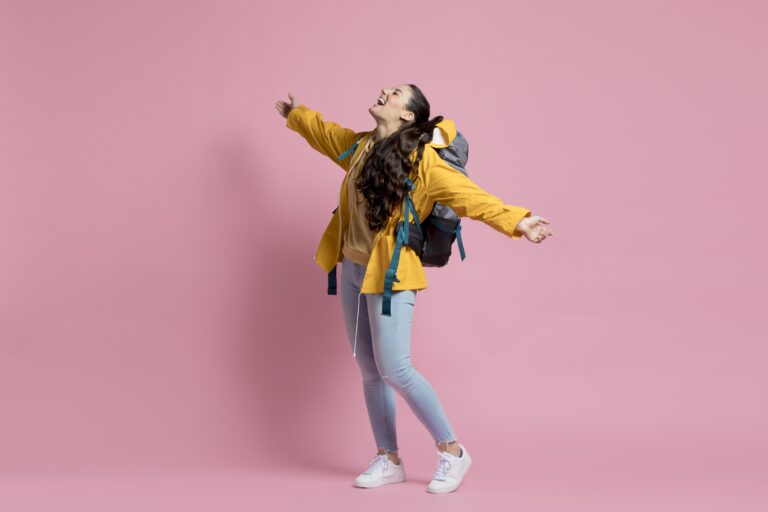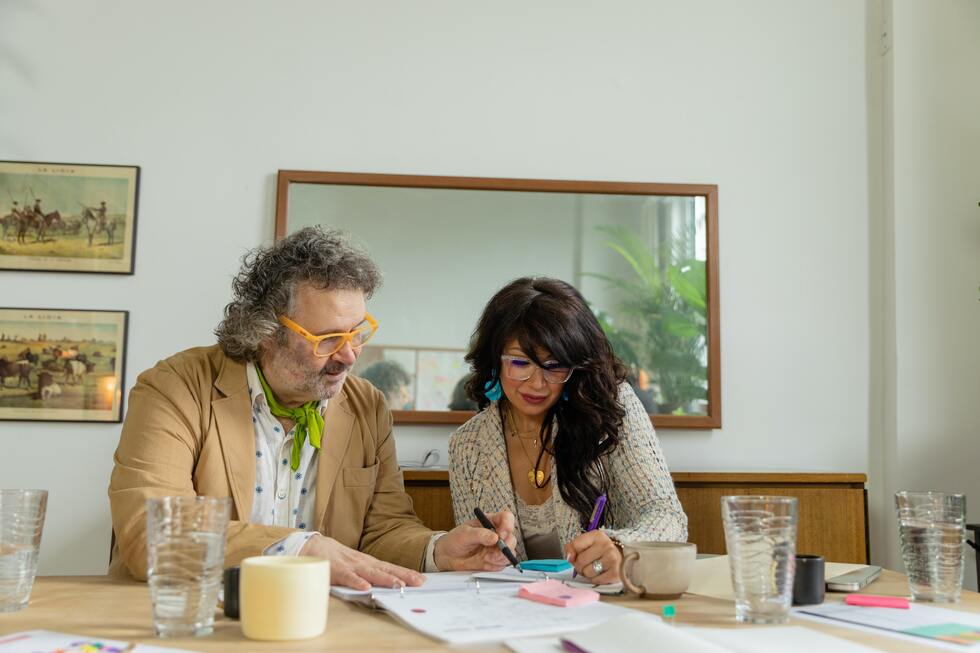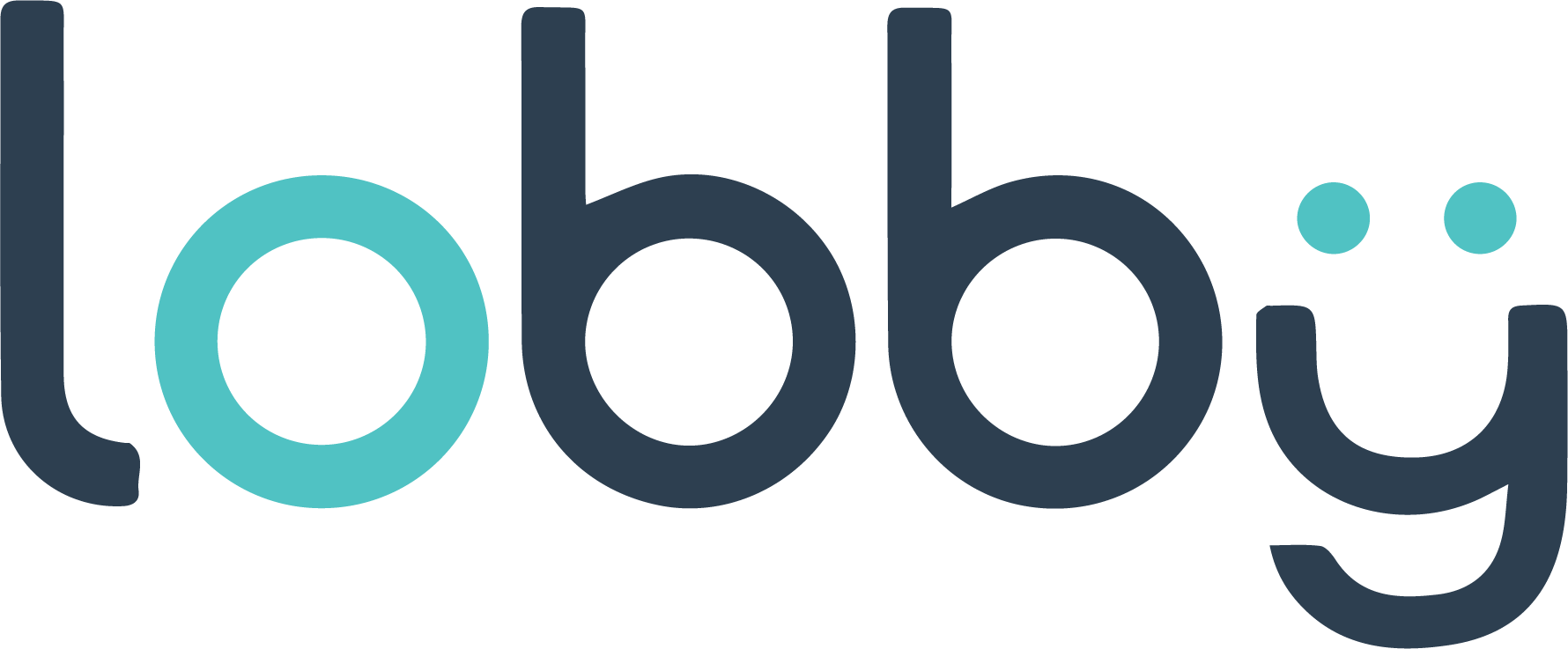10 trends of the new traveler that hoteliers should consider

The recovery of tourism is advancing at different speeds in different parts of the world.
Many hotels are still closed waiting for the improvement of external conditions while others remain open with minimal occupancy. After the closure of borders, quarantine and social distancing, some initial signals of improvement for tourism begin to appear. Many people think that we will return to the normality we knew before the pandemic. But that is just far from being true. It is important not to lose sight of the fact that as hoteliers we must know our guests very well. And this includes their new booking and traveling behavior. Then, the characteristics of the new traveler in times of pandemic should be known and considered.
In this article, we show you some of the most relevant changes with the new traveler. We hope that you find it useful to adapt your services to this constantly changing guest.
Reservation preference for Airbnb
One of the most obvious changes in the new traveler’s booking behavior is the increased use of platforms like Airbnb instead of direct booking at hotels. This is confirmed by a recent study by Edison Trends where they found that, as a result of the pandemic, new travelers are booking more on Airbnb than on the booking engines of 3 large hotel chains like Marriott, Hilton and Inter Continental Hotels Group.
What is a probable reason for this trend?
One of the reasons may be because the new traveler requires a more “homey” place for long stays while working or resting. Many hotels are taking advantage of adding Airbnb as an online sales channel for their room inventory and that is precisely what we must do: go where the demand is. By adding an additional channel it is important to have good control of our inventory and centralize reservations preferably by using hotel management software. After all, the correct technology accelerates our growth and avoids human errors in the management of reservations and sales.
Rebound of traditional travel agencies
It is true that many travelers preferred to make their flight and accommodation reservations on their own, and then evaluate if they were taking a tour when being in the destination. For this, they used sales channels such as Booking and Expedia and to a lesser extent the direct channel of hotels. According to some recent reports from travel preference surveys it was found that a bigger number of travelers now prefer to use traditional travel agencies more frequently for their travel bookings. Here are some reasons for this rebound:
- Professional advice: traditional travel agencies can unite the entire travel chain and provide not only professional advice but also the confidence that travelers are looking for in these times.
- All-in-one contracts: with the risk that a destination closes borders again or unexpected changes occur, travelers expect to have a single point of control and coordination for their trip in the event of an eventual modification or cancellation. Let travel agents deal with issues.
- Validation of suppliers: since they integrate several services, traditional travel agencies provide greater security to the traveler also with the suppliers they choose.

Protocols are now the minimum standard
Faced with the fear of contagion, travelers need to be sure that they are booking accommodation that complies with the cleaning and sanitation protocols necessary to operate under the regulations of each country. It is not just about buying a certification and publishing the seal on our website, travelers expect the accommodation to be committed at all levels, from proper training of its staff, improvement in infrastructure, to rigorous control of standards. There are international labels such as Safe Travels by WTTC that are being taken by many companies and destinations.
All hotels will eventually show their certifications and protocols, so it will be an expected requirement in each reservation that travelers make.
A good property management system (PMS) is important to keep all guest records and to have better control of the cleaning and safety details of each guest’s touchpoint such as their room, food service, etc. These hotel reservation and front-desk software go beyond having a centralized place with the details of the reservation. They are now essential elements in data storage with regards to compliance with the protocols that will help us receive the trust of the new traveler.
The short term and the local market
With the closure of borders and international flights in many countries, hoteliers have to look to the local market (also called the domestic market) which is where demand is first picking up.
For those hotels that depended on the foreign market, this is a necessary change as well and it requires that we understand the differences in the booking behavior of these travelers, their communication channels, their preferred payment method and their minimum requirements about the service that we will provide at our hotels. It’s not easy to switch to a new market segment, but like all change, it takes time and training.
Outdoor activities
Many people have already spent months without being able to go on vacation. Many times working every day of the week remotely and with considerable anxiety. It is time to get out and seek nature, time to be outdoors.
For travelers, this means the search not only for a good bed in safe facilities. It is also the search for nearby activities where they can either be surrounded by nature or have a few hours outdoors. Facilities that include a terrace, gardens and large patios will be of great help. But if you do not have these, we advise you to find allies who offer nearby outdoor tours, design a picnic or safe walking experience.
For hotels in beach, forest and country destinations, it is time to create video content and photos that virtually transport people to that fantastic and so needed atmosphere. This can be really helpful when convincing the traveler to book your hotel.

Higher category services
Risk tolerance has become lower. The new traveler wants to have the services they pay for with the highest possible level of security that allows them to sleep and travel peacefully. And therefore they have no problem with paying a little more in exchange for this lower risk.
How to design a higher category service in our hotels?
- Understand what the purpose of your company is (beyond generating income or profitability).
- Understand the new needs of the traveler and how you can integrate them to your purpose.
- Include feedback from current customers based on each service your hotel provides.
- Design an internal work process that is quick and easy to control for each service.
- Eliminate parts or processes that are not efficient or have low customer satisfaction.
A higher category service means that you will have holistic control of all the points where you come into contact with guests (before, during and after the stay). And you need a constant analysis of KPIs to make the necessary improvements.
Customer reaction to offers
In a recent study by Promperu, the Peruvian tourism promotion agency, it was found that 45% of the people surveyed would feel encouraged to take a trip if they find the right offer.
Let’s talk about offers. The first thing that comes to mind is surely something related to lowering the price or creating a discount. But there is much more than that. Offers are opportunities to generate a purchase impulse, a near emotional factor that makes people leave part of their rational side and surrender to a call-to-action to get access to greater benefits. Offers are then the delivery of better benefits. And yes, lowering the price is one way to deliver more benefit to the customer, but it is not the only way.
If you manage to improve the characteristics and benefits that travelers will receive when they book your hotel, then your clients will feel that they are receiving more for what they have paid. Definitely, this can get you more bookings.
Not all generations are ready to travel
Age is definitely related to the more risk of death due to pandemic. That risk will be present for as long as it takes to develop and distribute an effective vaccine. This is just like it is now for the yellow fever vaccine in some countries. Not having a vaccine is not synonymous with staying home, but with taking the necessary precautions to travel.
This BCG chart shows that older generations are taking more time to decide when to travel and how younger people are likely to resume their travel activities sooner.
For hotels this means that we have to look at our historical guest data and know how much we depend on some age groups (if you do not have this information you have to check among the types of hotel software the one that eases the storage of this type of information and thus make business decisions faster). Lobby PMS is always happy to help you with this.
Use of technology
Travelers are increasingly demanding less paper and more technology. Have you ever wondered how long a virus remains on a print menu or a notepad?
Most people already have a smartphone when traveling and staying in a hotel. For them it is the tool that makes them feel in control of their trip. The question is how fast can we virtualize all service and lodging requests before and during their stay.

Flexibility in changes and cancellations
Given the uncertainty that exists in many countries about a new outbreak of contagion cases or new travel restrictions, the new traveler need the policies for change and cancellation of their stay to be as flexible as possible. Each hotel needs to review its commercial and reservation policies and implement the necessary flexibility for this need.
Travel habits are in flux and will continue to adjust as time goes on and more trips are generated. The task of hoteliers is to constantly investigate new trends and seek to receive constant feedback from guests. The use of technology such as Lobby PMS allows you to have the correct and digitized hotel management, providing secure data at your disposal at all times to make decisions quickly, so you have more time to focus on service for your hotel guests.
Cover image thanks to Freepik

